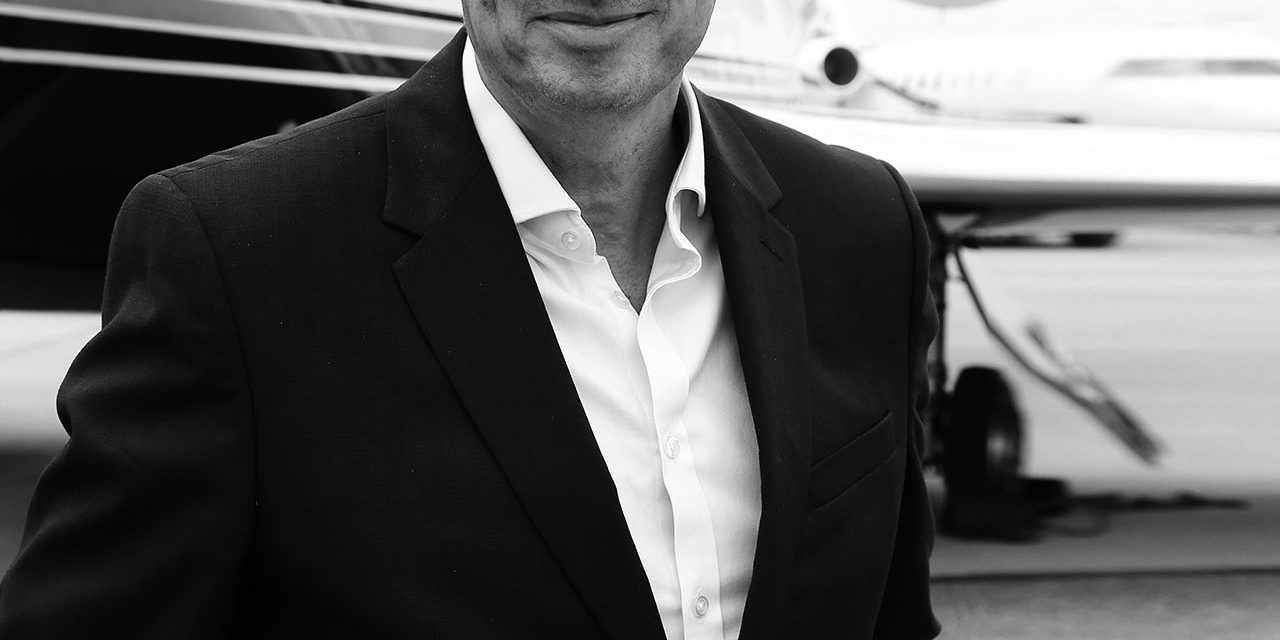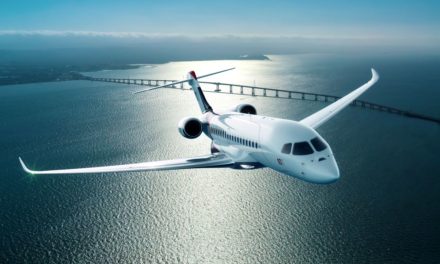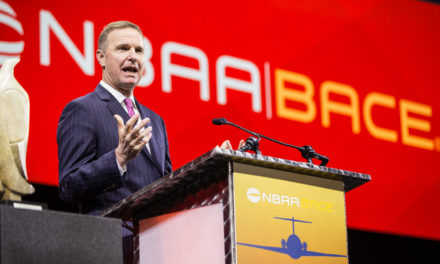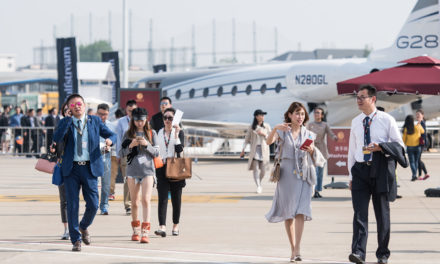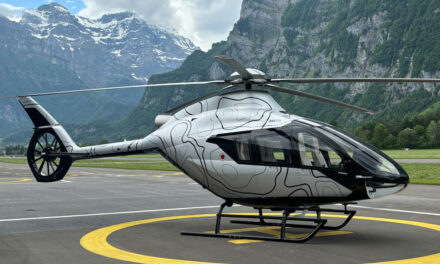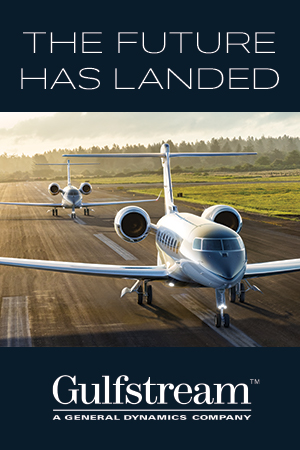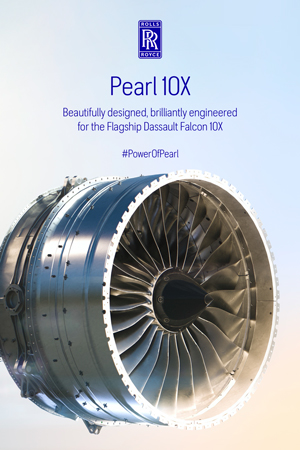Meeting with Patrick Margetson-Rushmore, CEO of Luxaviation UK
The imminent arrival of Brexit could have a significant impact on the business aviation market in both Europe and the UK. We wanted to have the point of view of Patrick Margetson-Rushmore, the Chief Executive of Luxaviation UK, part of the Luxaviation Group, not only on this subject but also on the Group’s activity.
Can you remind us of the genesis of Luxaviation UK?
Before becoming Luxaviation UK, our company was called London Executive Aviation (LEA). Founded in 1995, we officially obtained our air operator’s certificate (AOC) and conducted our first flight on April Fool’s Day (1st April) 1996. Based in Stapleford, UK, a four-person team began operations with a Seneca I twin engine aircraft. Three years later, we had our first turboprop, a Beechcraft King Air 200, shortly followed by the arrival of our first managed jet in 2001, a Cessna Citation II. Not long after this we became the first operator in the UK of a Citation Excel. In 2005, we expanded our fleet with an Embraer Legacy 600 and became the first European charter operator of the aircraft. Today, we are one of the world’s largest operators of Legacy 600/650s, with eight aircraft of this type in our fleet.
This growth was achieved without external funding – which is relatively rare in this sector. However, in 2014, after growing our fleet to 26 aircraft, we decided to integrate with the Luxaviation Group, promising a bright future for our customers. In 2016, our trading name officially became Luxaviation UK.
Why did you choose to join Luxaviation Group?
As I have already said, LEA was self-financed. We had no need to bring in financial support or a new partner; however, with regard to the Luxaviation Group, when we joined this allowed us to expand our customer base beyond our borders. The benefits of integration within the Group also allow economies of scale related to operation costs, FBOs and provides clients with access to other regions, such as Africa and the Middle East, from our various bases on the continent. Being under the same umbrella also enables us to be better aligned with the other entities within the Group, which inevitably leads to increased activity, higher efficiency and, therefore, profitability for each operator.
What is Luxaviation UK’s position in relation to Luxaviation Group?
Luxaviation Group is the majority shareholder in Luxaviation UK, but we have maintained a small percentage. Our consolidation into the Group provides our clients with access to Luxaviation’s global network of 28 FBOs and fleet of more than 260 jets and helicopters, to provide a truly streamlined and seamless experience.
Can you give us an update on the activity in the UK since the beginning of December?
Historically our activity peaks are from late March to late September, often with twenty flights a day starting from the UK during these high periods.
The end and the beginning of the year are, on the other hand, calmer, with regular flights into airports such as Chambéry, Geneva, Samedan, Innsbruck and Lyon for winter sports holidays.
How is your activity divided?
The main crux of our business is aircraft management on behalf of owners and on-demand charter booking, as well as organising private flights for business leaders, VIPs, music groups, sports teams and other high-net-worth individuals.
How do you react to the arrival of Brexit?
The subject of Brexit is a thorny issue for the aeronautics industry and this comes just as we have emerged from a difficult economic period, related to the 2008 recession. The outcome of Brexit will be a major issue for our sector, as it is in the common interests of both the European Union and the UK to have a unified approach; so, I think that for both parties’ interest Brexit must not be too hard. I think, in the short term at least, the decision will not have such a big impact and changes will initially be slow to be implemented. I do hope for a continuity of the current way the UK works with the EU for a number of months before there is a profound change.
What gives you this momentum of optimism?
The impact in terms of employment in the aeronautics sector at European level is huge. There are 375,000 jobs directly or indirectly related only to the business aviation sector, including 41,000 for a single country such as the UK. London’s airports lead the way for business aviation departures to Europe in 2017 with 39,440 registered sectors. Paris registered 26,00, followed by Geneva and Nice with 17,000 respectfully. The common interests, therefore, remain too important and I do not imagine that a real compromise can’t be found.
But in case of hard Brexit?
In any case, the continent will initially benefit from additional flights because of cabotage. In the short term, the real problem is how we can arrange flights between the EU and the UK. The current discussions focus on this topic. Regarding our customers, I am less worried because there will always be a need for flights between the two states. Our customers will not experience any difference in the service we offer them because through our sister entities in the Luxaviation Group we can call on facilities located throughout Europe. Regarding the owners, we do not have all the data yet but, if necessary, they will have the choice to utilise our operating certificates within the Luxaviation Group on the continent.
What do you think of the letter sent by your President, Patrick Hansen, who judges the EBACE airshow too expensive?
I agree with the other Patrick that the event has become too expensive over the years, in terms of direct and indirect costs. Personally, I do think that it no longer responds to the economic realities of most players in our sector. It is important for the EBAA’s leaders to review this event and maybe it’s time to consider other locations within Europe.

